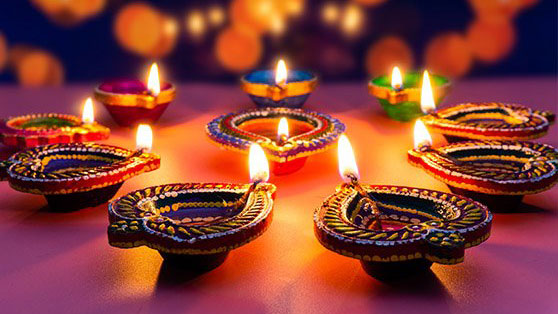
In a momentous decision, the New York education board has announced that Diwali, the Hindu festival of lights, will now be recognized as a school holiday. This groundbreaking move reflects the growing diversity and inclusivity of the city, embracing the cultural practices of its residents. The decision holds great significance for the Indian community and serves as a testament to the principles of equality and understanding.
Embracing Diversity: Recognizing Diwali
Understanding Diwali’s Significance
Diwali, also known as Deepavali, is one of the most significant festivals in Hinduism, celebrated by millions of people worldwide. It symbolizes the victory of light over darkness and good over evil. The festival usually spans five days and is marked by vibrant decorations, dazzling fireworks, delicious feasts, and the exchange of gifts. It brings families and communities together, fostering a sense of unity and joy.
Promoting Inclusivity in Education
The decision to make Diwali a school holiday highlights the commitment of the New York education board to inclusivity and respect for diverse cultures. By recognizing Diwali, schools will provide students from Hindu backgrounds with the opportunity to celebrate their heritage without compromising their education. It is a step forward in acknowledging and valuing the religious and cultural practices of all students, fostering a sense of belonging and appreciation.
Celebrating Cultural Awareness
New York is renowned for its multicultural landscape, with people from various backgrounds residing and coexisting harmoniously. The recognition of Diwali as a school holiday further cements the city’s commitment to cultural awareness and understanding. It sends a powerful message that diversity is not only accepted but celebrated, enhancing the city’s reputation as a welcoming and inclusive place for all.
Impact and Benefits of the Decision
Strengthening Community Bonds
The inclusion of Diwali as a school holiday will undoubtedly strengthen the bonds within the Indian community. It allows families to come together, engage in religious ceremonies, and pass on cultural traditions to the younger generations. Students will have the opportunity to learn firsthand about the significance of Diwali from their families, enriching their understanding and appreciation of their heritage.
Academic Success and Well-being
Creating a school holiday for Diwali acknowledges the importance of balance in students’ lives. It recognizes that celebrations and religious observances contribute to overall well-being and academic success. By providing this designated holiday, students will not feel torn between their academic responsibilities and their cultural practices. This inclusivity fosters a positive learning environment, where students can thrive both academically and personally.
Promoting Cultural Exchange
The decision to recognize Diwali as a school holiday encourages dialogue and cultural exchange among students of different backgrounds. It presents an opportunity for students to learn about Hinduism and the cultural significance of Diwali. By celebrating diverse traditions, students gain a deeper understanding and respect for different cultures, promoting tolerance and acceptance.
Conclusion
The New York education board’s decision to make Diwali a school holiday is a significant milestone in the city’s journey toward inclusivity and cultural appreciation. By recognizing Diwali’s significance and allowing students to celebrate their heritage, New York takes a bold step in fostering diversity and understanding. This decision not only strengthens community bonds within the Indian population but also promotes cultural awareness and dialogue among all students. Embracing Diwali as a school holiday sets a positive example for other cities and showcases the power of inclusivity in education.
